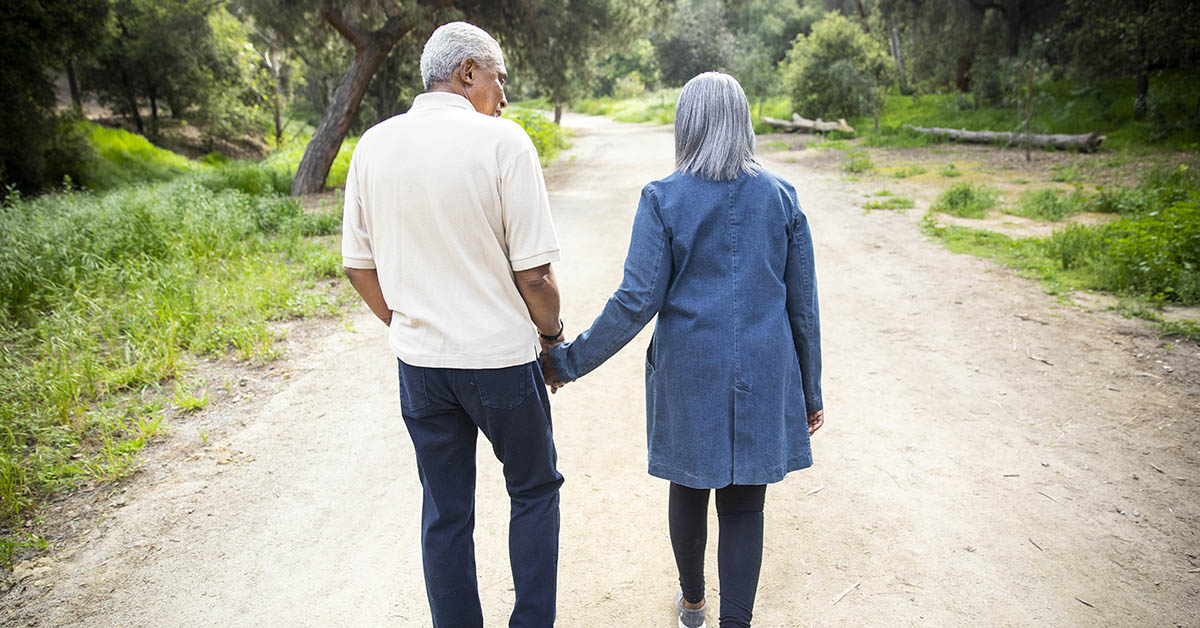
Cancer Survivorship: What You Should Know
-
Updated June 3, 2021
Who is a Survivor?
You are a survivor from the time of your cancer diagnosis through the rest of your life.
What is Survivorship Care?
Your survivorship care should include efforts to:
- Prevent your cancer from coming back, prevent new cancers, or prevent late effects of treatment. This may include the use of medicines and/or the practice of healthy behaviors.
- Watch you carefully to see if cancer comes back or if there are new cancers. This may include doctor visits, bloodwork, radiology testing, testing like colonoscopy, or other tests your doctor might order.
- Assess (and treat as needed) the long-term or late effects of your cancer and treatment. This may include doctor visits and talks about the physical, psychological, social, and/or practical impacts of your cancer or treatment.
- Plan your medical care between your cancer doctors and your primary care or other doctors. This can happen by sending reports or notes from one doctor to another.
What can I do after my treatment is done?
Healthy Lifestyles and Your Wellness
It’s important that you think about your wellness after cancer treatment. Below is a list of steps you can take to help you stay healthy after cancer treatment.
1. Visit your primary care doctor at least once a year and for all your healthcare needs not related to cancer.
2. Call your doctor if new problems or symptoms start and last for more than 2 weeks.
3. Nutrition
- Eat a wide range of healthy foods.
- When you eat, divide your plate into four equal parts. Try to fill two of those parts with raw or cooked vegetables, one part whole grains, and one part lean protein (like chicken, fish, lean meat, or dairy).
- Choose whole grains, poultry, fish, nuts, beans, and low-fat dairy foods as often as you can.
- Limit high fat or high calorie foods, sugary desserts, alcoholic drinks, and processed (like lunch meat, and hot dogs) or red meats.
4. Exercise
- Stay active.
- Try to exercise at least 30-45 minutes, 5 or more days a week.
- Change the level of exercise you do (light, moderate, or strong) based on what you can handle.
- Talk to your doctor about starting an exercise program if you do not exercise regularly.
5. Keep a healthy body weight: Talk to your doctor if you are overweight or underweight.
6. Sun safety: Protect your skin from the sun. Use sunscreen with an SPF (sun protection factor) 30 or higher. Re-apply it every two hours or after swimming or sweating. You can also wear light long sleeves,
pants and a hat, or stay in the shade when you are outdoors.7. Vaccines: Get a flu shot each year. Talk to your doctor about what other vaccines might be right for you like pneumonia, Human Papilloma Virus, tetanus, diphtheria, and pertussis. These may depend on your age.
8. Distress: Learning you have cancer can be a stressful event. Many people feel distress after the diagnosis and treatment of cancer. This can include emotional, spiritual, psychological, or sexual issues. Please talk with your doctor if you are having any issues with distress.
9. Practical Issues: Having cancer may affect your finances, work or school. Many people can also have issues with insurance. Share any concerns you have about these issues with your doctor.
10. Quit Smoking: Talk to your doctor about ways to help you quit smoking or using tobacco. Counseling, medicines, or a patch might be options for you. The National Cancer Institute also has a free Quitline which can offer you support. Call1-877-44U-QUIT.
What should I look out for after cancer?
Survivors of one type of cancer may be at risk for getting a second cancer over time. This could be due to genetic risk, shared risk factors (i.e. smoking, certain things in the environment), or the effects of
treatment you had before. It is important that you get all cancer screenings that are recommended by your doctors, like:- Breast cancer screening with mammograms
- Cervical cancer screening with Pap tests
- Colorectal cancer screening with colonoscopy or stool blood tests
- Prostate cancer screening as needed after talking with your doctor
- Lung cancer screening with CT scans if you have a heavy smoking history
Talk to your doctors about what screening tests you need based on your age and gender.
What about effects of cancer and treatment?
Late effects are side effects that are not seen at the end of treatment but can start at some time in the future. Long-term effects are side effects that are
present at the end of treatment and continue over time. Some late or long-term effects that survivors often have include:- Anxiety
- Depression
- Cognitive dysfunction (the loss of thinking skills or brain fog)
- Feeling tired
- Pain
- Issues with sexual function
- Sleeping problems
- Changes in heart function from the use of certain types of chemotherapy or radiation
Read more information on Survivorship Resources at Fox Chase Cancer Center.
